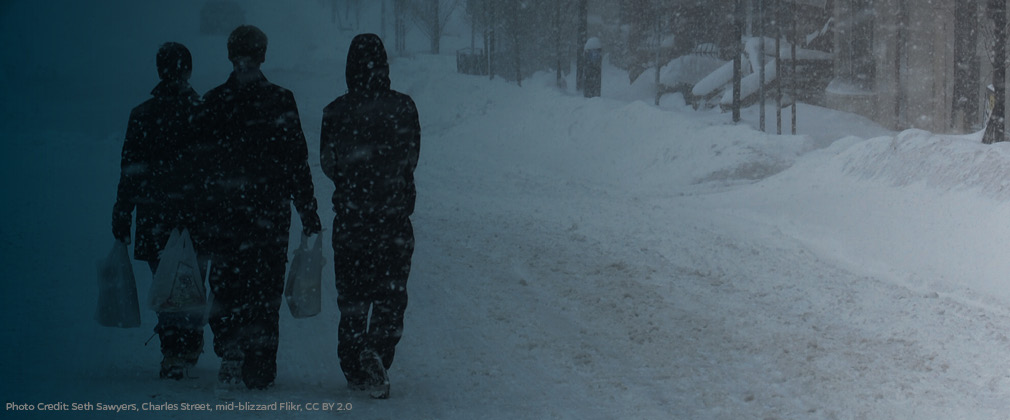Resilience Planning Guide

Planning Guide | Questionnaire
Food System Resilience: A Planning Guide for Local Governments
Food System Resilience: A Planning Guide for Local Governments is a resource guide aimed at helping local governments build food system resilience in a way that promotes equitable and just food systems.
The guide is available as PDFs below. Before you download the report, we would appreciate you answering a few questions below.
Why do we need to plan for food system resilience?
Natural and human-made disasters challenge food systems, affecting many people, especially those from communities already managing many inequities and vulnerabilities. Local governments around the United States have started to take action to help prepare for and prevent the consequences of these disruptions on their food systems, but there is limited information available to support local governments in this work.
Local governments can play an essential role in food system preparedness and response through shaping food environments, providing emergency food, connecting local food system actors and communities, and planning at community scale.
Who will benefit from the Resilience Planning Guide?
The primary audience for this planning guide is local government staff and policymakers. While one entity may lead the food system resilience planning efforts outlined in this guide, many partners, including community members, will need to be involved. Effective food system resilience work requires meaningful collaboration.
What is in the guide?
This planning guide is composed of six modules that provide background information on important concepts, as well as a set of tools for developing food system resilience strategies. The strategies can be used to create a stand-alone food system resilience plan or components to embed into other local government plans, policies, or programs. Before you download the guide, we would appreciate your answering a few questions.
An editable version of the tools in the guide can be downloaded here.
How was this guide created?
The guide was developed collaboratively by researchers at the Johns Hopkins Center for a Livable Future and Bloomberg Center for Government Excellence and representatives from five US cities: Austin, Texas; Baltimore, Maryland; Denver, Colorado; Moorhead, Minnesota; and Orlando, Florida. During a year-long process, the group worked together to develop and test the resources provided. The guide is rooted in our team’s prior work with Baltimore city.
A note from the team
The field of food system resilience is nascent. While we have combined practice and research knowledge to develop this guide, the practices may shift as new evidence emerges and more strategies are implemented. If you have any questions about the guide, please contact Roni Neff.
Funding
Guide development was funded by the National Science Foundation (Grant Number 1745375). Dissemination and evaluation are supported by the Bloomberg American Health Initiative.
We would appreciate your feedback on a few short questions to help inform future work and updates. Thank you!
New Food System Resilience Planning Guide Helps Cities Prepare for Disruptions
The guide offers food system resilience strategies and tools that can be customized by local governments and policymakers.
Learn More